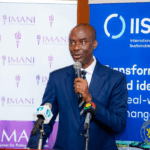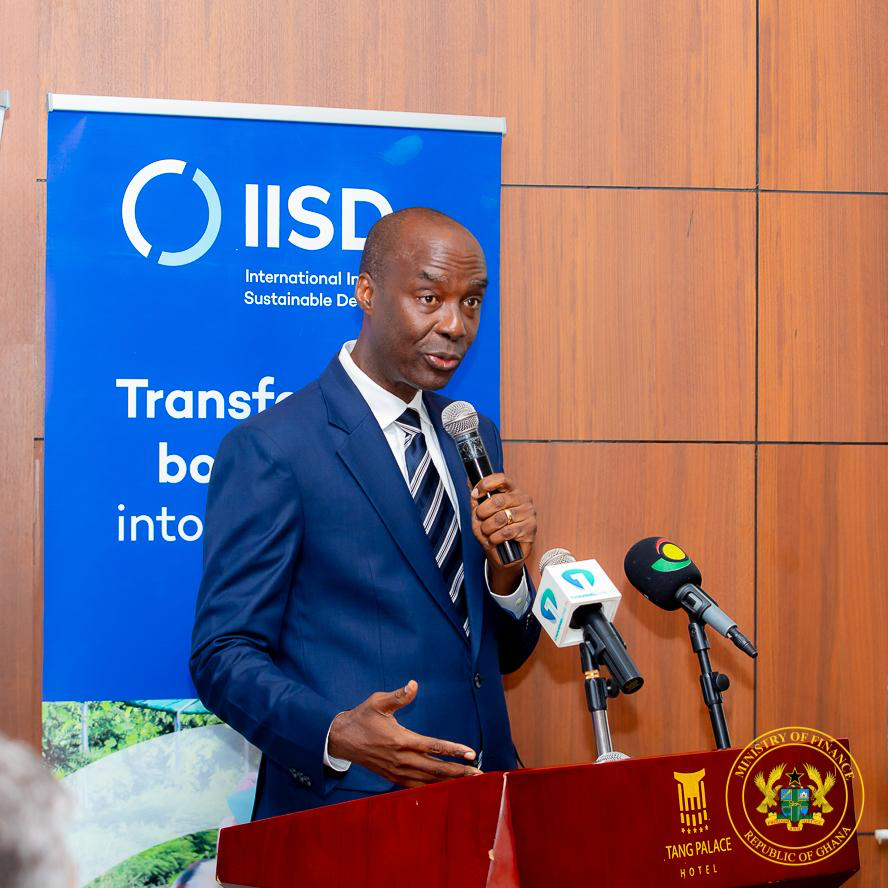
Chief Director of the Finance Ministry, Patrick Nomo, has warned that Ghana must radically rethink its approach to public financial management as the nation braces for a population surge that will place unprecedented pressure on jobs, public services and economic stability.
Quoting United Nations projections, he explained that Ghana’s population is expected to reach 45 million by 2040, with 58 per cent under the age of 30.
This means “nearly 10 million young Ghanaians will enter the labour market over the next 15 years”.
Speaking at a roundtable on the design of Ghana’s new independent Fiscal Council, the Chief Director stressed that this demographic shift demands urgent reforms to ensure fiscal responsibility and long-term sustainability.

“We must do things differently. We must become more effective and efficient in public financial management if we are to meet our national aspirations and respond to the legitimate needs of our young people,” Mr. Nomo cautioned.
He underscored that fiscal mismanagement in the past had deepened macroeconomic instability, which in turn undermined opportunities for businesses and households.
The establishment of a stronger, empowered Fiscal Council under the amended Public Financial Management Act, he explained, is designed to prevent a repeat of such crises and safeguard resources for future generations.
The Council will be tasked with enforcing fiscal rules, including a new debt-to-GDP ceiling of 45 per cent by 2034, and ensuring transparency in government spending.
Mr. Nomo added that the Ministry is already preparing the 2026 Budget and will welcome stakeholder input to integrate reforms that address both current challenges and the looming demographic realities.
The roundtable, convened by IMANI Ghana and the International Institute for Sustainable Development (IISD), brought together civil society leaders, business executives, and policymakers to shape the design choices of the new Fiscal Council.